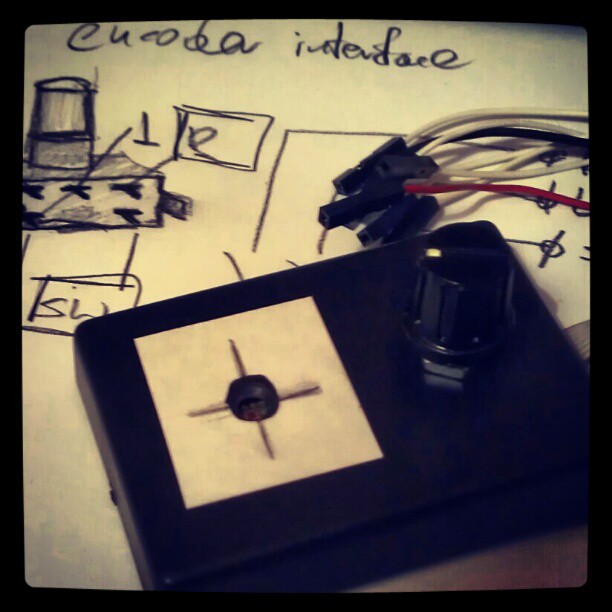Things become radically different once you quit your daily job. The first thing you’ll notice is how much time you actually have.
Working a daily job, there’s simply no way to experience this degree of freedom. When you have a job, days generally fall in one of those three categories:
- Working day. 8 hours sleep, 8 hours work, 2 hours commute, 6 hours left to do whatever you want/have to do. These 6 hours have dozens of things competing for them; balancing them is an art in itself. Also, this gets expontentially harder once you have kids.
- Weekend day. 8 hours sleep, 16 hours divided between: resting, spending time with friends/family and doing whatever you wanted to do during the week but had no time to.
- Day off. 8 hours sleep, 16 hours frantically trying to get as much rest as possible.
- If you’re a heavy drinker (like I once used to be), there’s also a fourth kind: the hangover day. It consists of 8 hours of crappy, restless sleep and 16 hours of suffering.
How does your schedule compare to mine?
- A day. 8 hours sleep, 16 hours doing whatever I want or need to do.
Unless I’ve committed to meeting a deadline (and it’s approaching), I have complete freedom to choose whatever I want to do. Days of week no longer matter that much – and weekends actually become a bit annoying because stores are closed.
The best thing about living in a free schedule is that I no longer wait for anything. Renovating my flat used to take pathetically long because I could only paint the walls during weekends (it’s just plain unwise to paint without daylight). Now I can work during the afternoon every day and put off coding until late evening – which is the best time to code anyway.
A nice side effect of not waiting is that there’s almost no backlog. I used to have a fat TODO list with things which really should be done; right now I just do whatever needs doing next – and things rarely stay on the TODO list for more than three days. Also, doing some side project no longer involves waiting for free time – unless there’s a deadline, I just sit down and do whatever strikes my imagination. This is the right way of living if you’re an artist – and building open source software is, indeed, an art.
Having my full sixteen-hour day back is something I’ll not give up easily.
